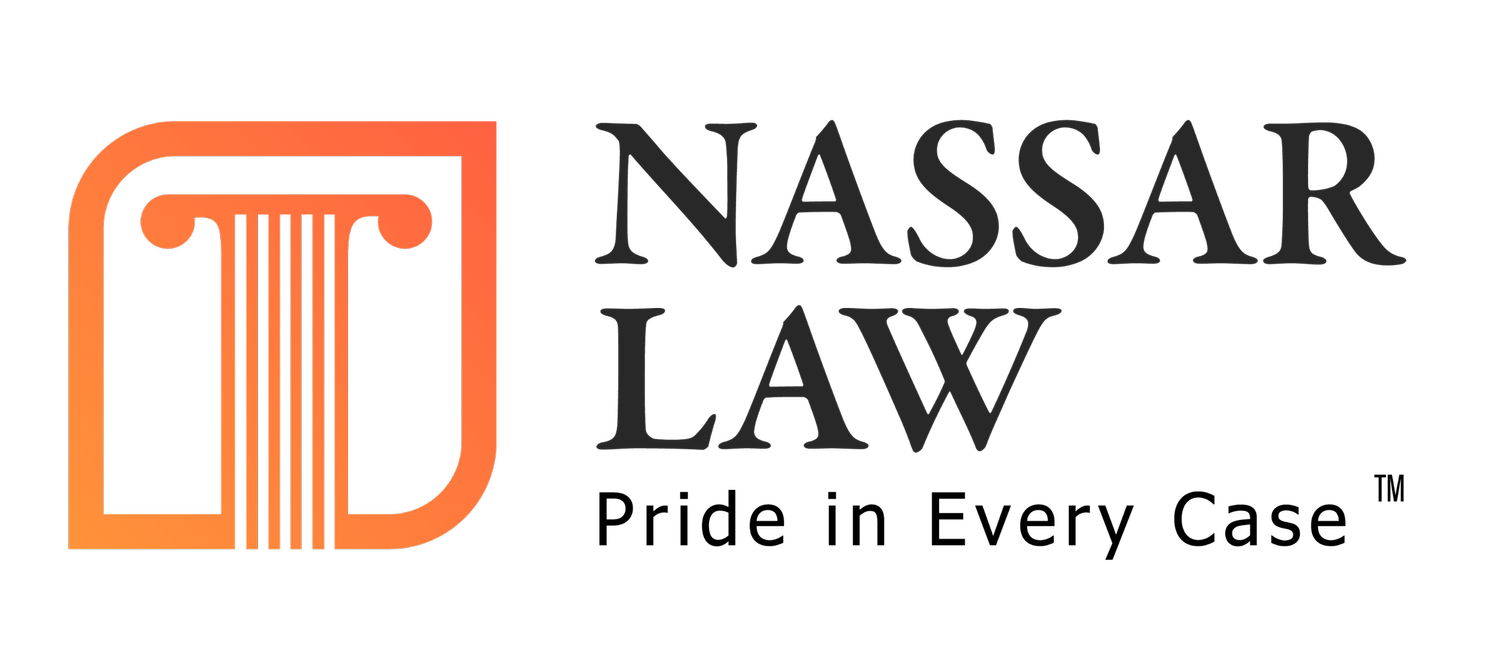CHAPTER 13
DEBT REORGANIZATION/REPAYMENT
Estimated time: 3-5 years

Chapter 13 gives the debtor an opportunity to reorganize his budget, create a payment plan to the creditors, and allocate future income and assets in a manner that protects him from such creditors. This type of bankruptcy is supervised by the Federal Bankruptcy court/assigned Trustee. One of the many benefits of filing for Chapter 13 bankruptcy is that the debtor can maintain his non-exempt assets while he still pays off the debt (such as too much equity in a house, or owning a second home/investment property). It also protects homes from foreclosure.
Qualifying for Chapter 13 — Much different than qualifying for Chapter 7
For you to qualify for Chapter 13 bankruptcy, you must first prove that you can gather enough income from wages, pensions, and other forms of income to yield enough excess income to enter into a 3- to 5-year repayment plan using the excess income. This type of bankruptcy is beneficial to the debtor, as it allows him to catch up on paying secured loans before a foreclosure takes place. In addition, Chapter 13 provides similar relief as Chapter 7 bankruptcy. It stops creditors from constantly calling you and prevents the foreclosure and repossession of your home and assets. Once the 3- to 5-year repayment plan is completed, any debt that was designated to be discharged will be discharged.
Although a Chapter 13 bankruptcy seems appealing, it has many disadvantages and many debtors prefer to file (assuming they qualify) under Chapter 7. Such disadvantages include, but are not limited to, not obtaining any loan/debt over $500.00 without court approval, increased attorney's fees and court costs, and supervised monthly expenditures and reporting. This oversight ensures the debtor remains in a position to earn enough income to make the agreed-upon monthly payments to cover an “active” bankruptcy case for 3-5 years.
Contact a Personal Injury Attorney today to schedule a free initial consultation.
or call directly: 888.499.9016
The payout and laws vary for personal versus government-related cases. Both private (meaning a non-government person) and government parties that are at fault fall under strict time limitations that do vary. Understanding the difference between the two types of cases can affect your rights you deserve. Reach out to make sure that you are properly protected and represented.

